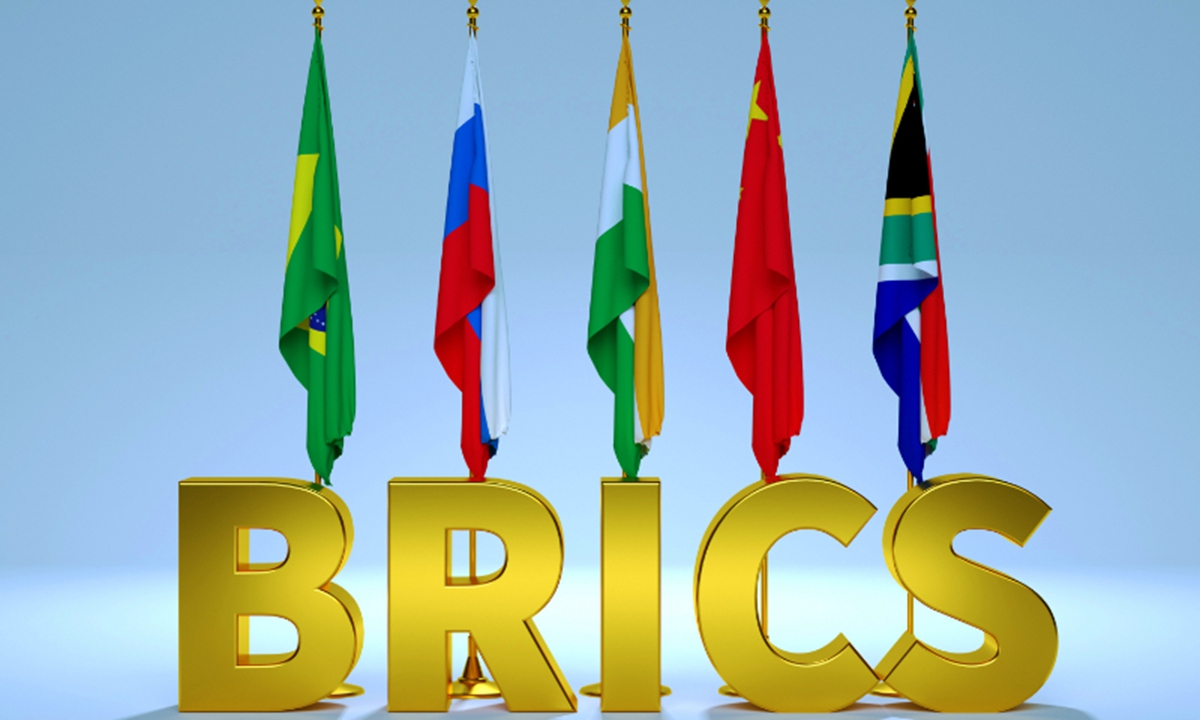A law professor and Director-General of the Institute of Law Research & Development of the United Nations, Professor Cyprian F. Edward-Ekpo, has warned the Federal Government OF Nigeria against joining the BRICS bloc.
The BRICS intergovernmental organisation was founded in June 2009, now BRICS Plus after 12 other countries were admitted to join the initial members like Brazil, Russia, India, China, and South Africa and after it had earlier added Iran, Egypt, Ethiopia and the United Arab Emirates.
In a statement on Monday, Edward-Ekpo claimed the organisation has a tendency towards being an organisation “promoted by dictators and terrorism-sponsored states that take delight in perpetrating human rights abuses and invasion of weak nations.”
He noted that the body was borne out of hatred and rivalry against the United States of America and its world leadership with Iran and Russia in the lead.
- Oil and gas made Nigeria to neglect tourism – NBA-SBL Chair
- Deposition: Again, court rules in favour of former Emir of Gwandu
“They founded BRICS as a way to escape financial and economic sanctions, to act unchecked, on their various human rights violations and invasion of weak states.
“When you take a look at the developing countries who admire and aspire to BRICS, you will see they are countries where either have unexplained grievances with Israel or the United States or their political leaders are folks who suffer intellectual poverty, debt burden due to bad governance, weak-minded economic policies, and weak institutions, consumption economy instead of production economy, but blame their impact on international currency instead of their leadership,” he said.
The lawyer, therefore, called on the National Assembly of Nigeria to act fast to halt the union between BRICS and the Federal Government of Nigeria as he hinted that the president had been ill-advised.
He said: “Nigeria should think of how to inculcate the real intelligentsia, not blocked-head academic degrees and professional certificates and titles holders, into its policy planning to transform the country into production-based economy and knowledge-based system to strengthen Naira and enhance the country’s development instead of dragging itself into complex international politics that would harm the citizenry in the long run.”

 Join Daily Trust WhatsApp Community For Quick Access To News and Happenings Around You.
Join Daily Trust WhatsApp Community For Quick Access To News and Happenings Around You.
